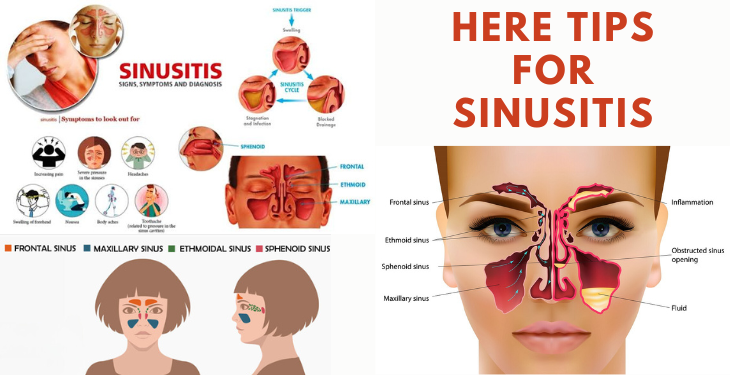Understanding Sinusitis: Causes, Symptoms, and Treatment Options

What is sinusitis?
Sinusitis is an inflammation of the sinuses, which are hollow spaces in the bones of your face and forehead. The sinuses are lined with a thin, moist membrane that helps keep them clean and healthy. When this membrane becomes inflamed, it can produce more mucus than usual, which can block the sinus openings and lead to infection.
here are two main types of sinusitis: acute and chronic. Acute sinusitis lasts for less than 12 weeks, while chronic sinusitis lasts for more than 12 weeks.
Symptoms of sinusitis
The symptoms of sinusitis can vary depending on the severity of the inflammation. However, common symptoms include:
- Facial pain or pressure
- Nasal congestion
- Runny nose
- Postnasal drip
- Cough
- Fever
- Headache
- Fatigue
- Loss of smell
If you have any of these symptoms, it is important to see a doctor to get a diagnosis and treatment.
Causes of sinusitis
A viral infection, such as the flu or a cold, is frequently the cause of acute sinusitis. However, a bacterial infection is another possible explanation. Chronic sinusitis is frequently brought on by a confluence of conditions, such as allergies, nasal polyps, and a compromised immune system.
Diagnosis of sinusitis
Your doctor will likely diagnose sinusitis based on your symptoms and a physical exam. They may also order a CT scan or MRI to look for any underlying problems, such as a deviated septum or a tumor.
Treatment for sinusitis
Acute sinusitis usually goes away on its own within a few weeks. However, if your symptoms do not improve after 10 days or if they get worse, you may need to see a doctor for treatment.
Treatment for sinusitis may include:
- Over-the-counter pain relievers, such as ibuprofen or acetaminophen
- Decongestants, such as pseudoephedrine
- Nasal saline sprays
- Antibiotics, if the infection is caused by bacteria
- Surgery, in rare cases, to open up the sinuses and improve drainage
Prevention of sinusitis
There are a number of things you can do to help prevent sinusitis, including:
- Get plenty of rest
- Drink plenty of fluids
- Wash your hands often
- Avoid close contact with people who are sick
- Manage allergies, if you have them
- Quit smoking
- Use a humidifier in your home, especially during the winter months
By following these tips, you can help keep your sinuses healthy and prevent sinusitis.
Additional information
- If you have chronic sinusitis, you may need to see a specialist, such as an ear, nose, and throat doctor (ENT doctor) or an allergist. They can help you develop a treatment plan that is right for you.
- There are a number of natural remedies that can help relieve the symptoms of sinusitis, such as drinking plenty of fluids, using a humidifier, and applying a warm compress to the face.
- If you have severe sinusitis, you may need to be hospitalized for treatment.
Conclusion
Sinusitis is a common condition that can be caused by a variety of factors. It is important to see a doctor if you have any of the symptoms of sinusitis so that they can properly diagnose and treat the condition.







